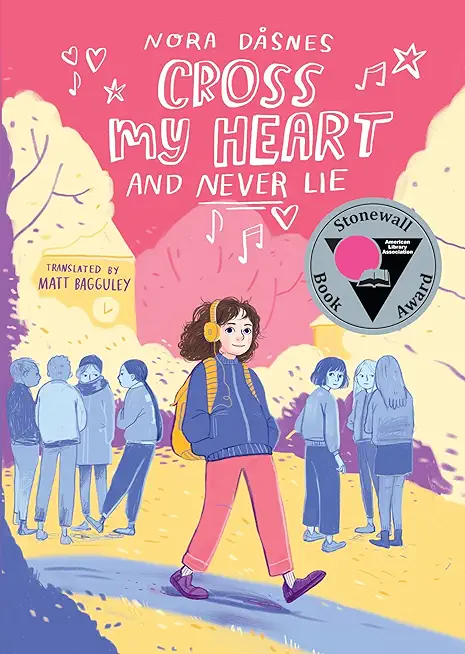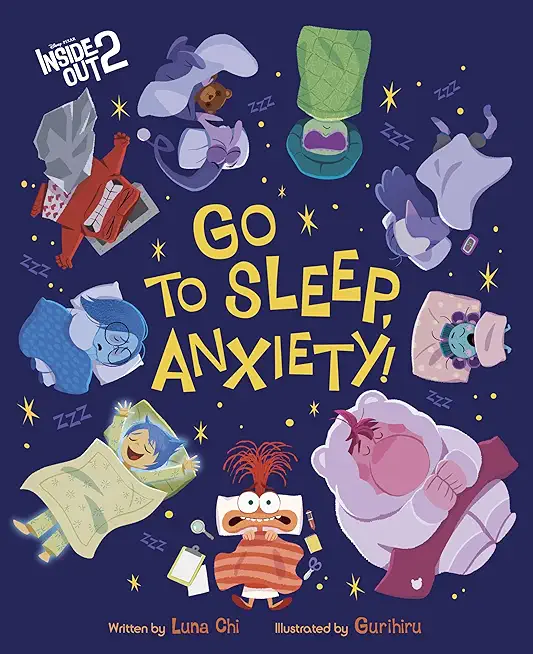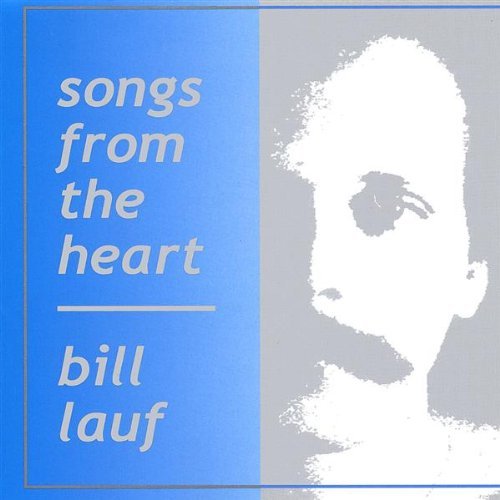
Collective the Education for Liberation
A political vision for a future ripe with alternatives to imprisonment and punishment.
Born from sustained organizing, and rooted in Black and women of color feminisms, disability justice, and other movements, abolition calls for an end to our reliance on imprisonment, policing and surveillance, and to imagine a safer future for our communities. Lessons in Liberation: An Abolitionist Toolkit for Educators offers entry points to build critical and intentional bridges between educational practice and the growing movement for abolition. Designed for educators, parents, and young people, this toolkit shines a light on innovative abolitionist projects, particularly in pre-K-12 learning contexts. Sections are dedicated to entry points into Prison Industrial Complex abolition and education; the application of the lessons and principles of abolition; and stories about growing abolition outside of school settings. Topics addressed throughout include student organizing, immigrant justice in the face of ICE, approaches to sex education, arts-based curriculum, and building abolitionist skills and thinking in lesson plans.
The result of patient and urgent work, and more than five years in the making, Lessons in Liberation invites educators into the work of abolition.
Contributors include Black Organizing Project, Chicago Women's Health Center, Mariame Kaba and Project NIA, Bettina L. Love, the MILPA Collective, and artists from the Justseeds Collective, among others.







